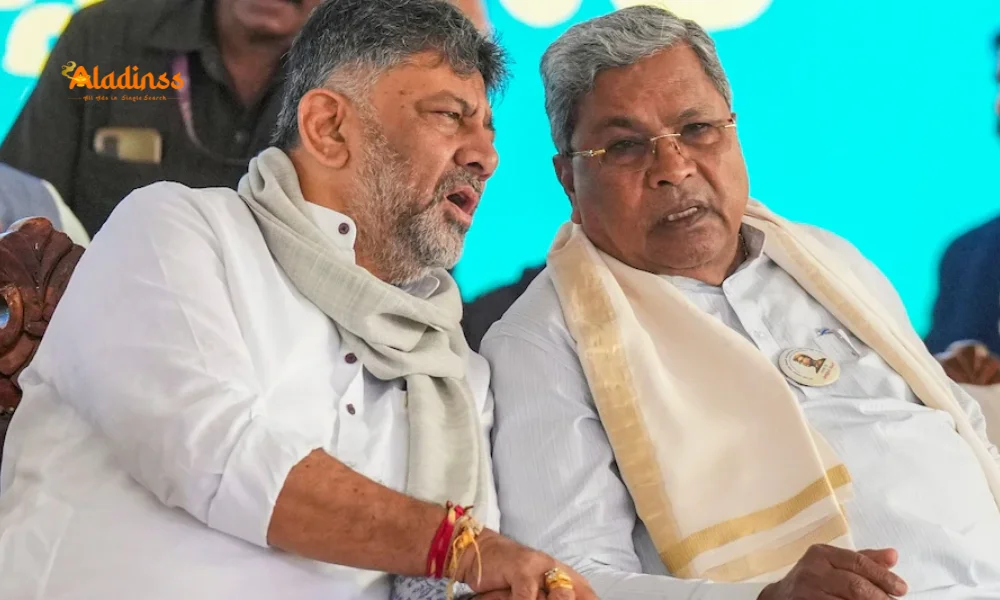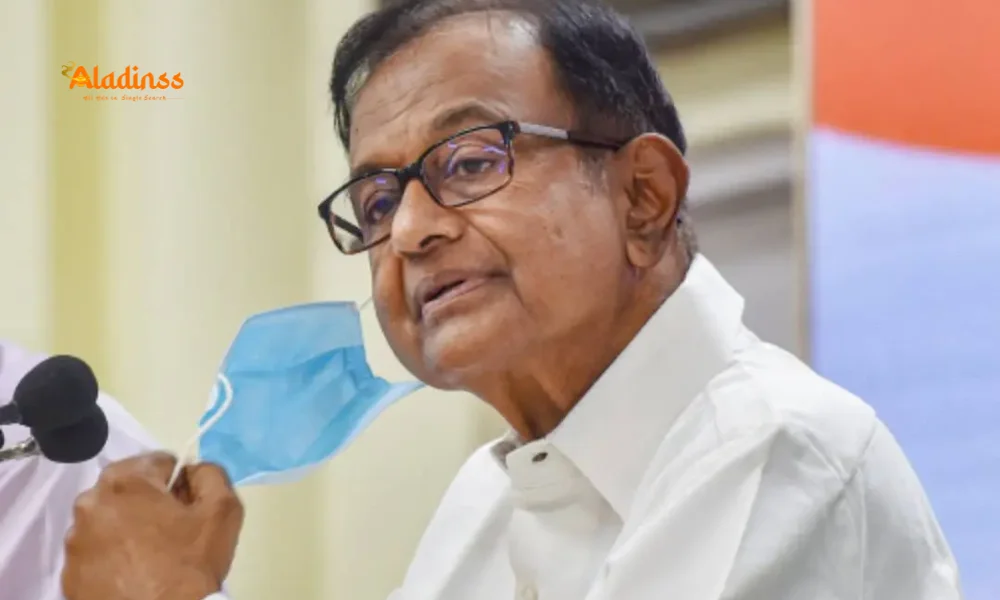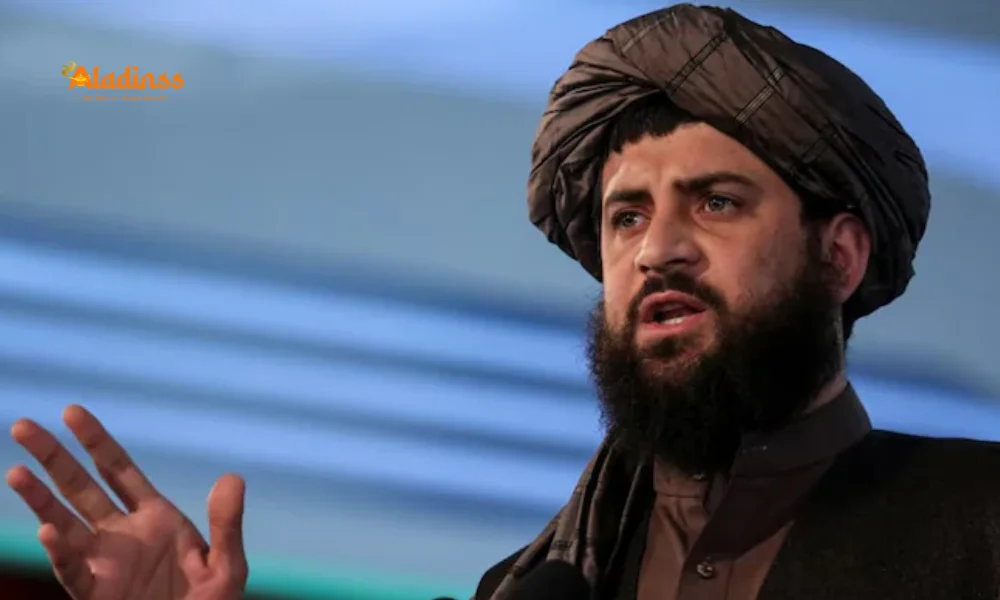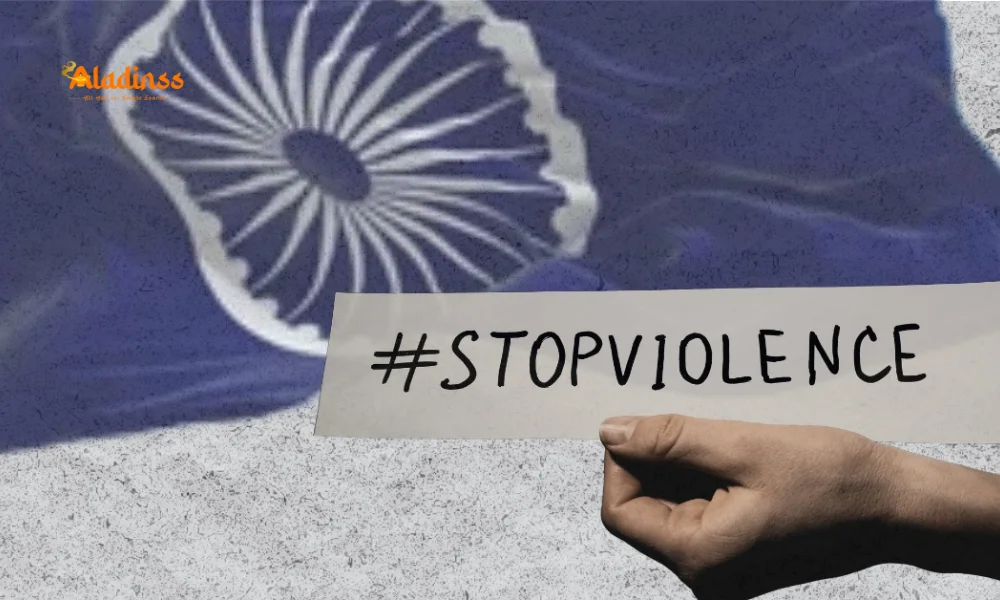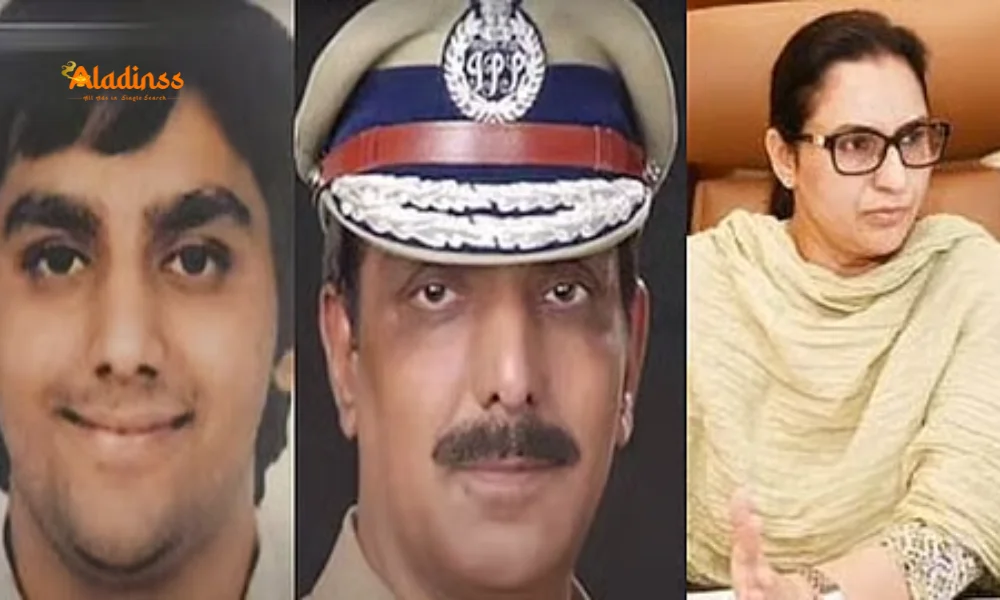Michael Clarke Diagnosed with Skin Cancer: Urges Regular Check-Ups
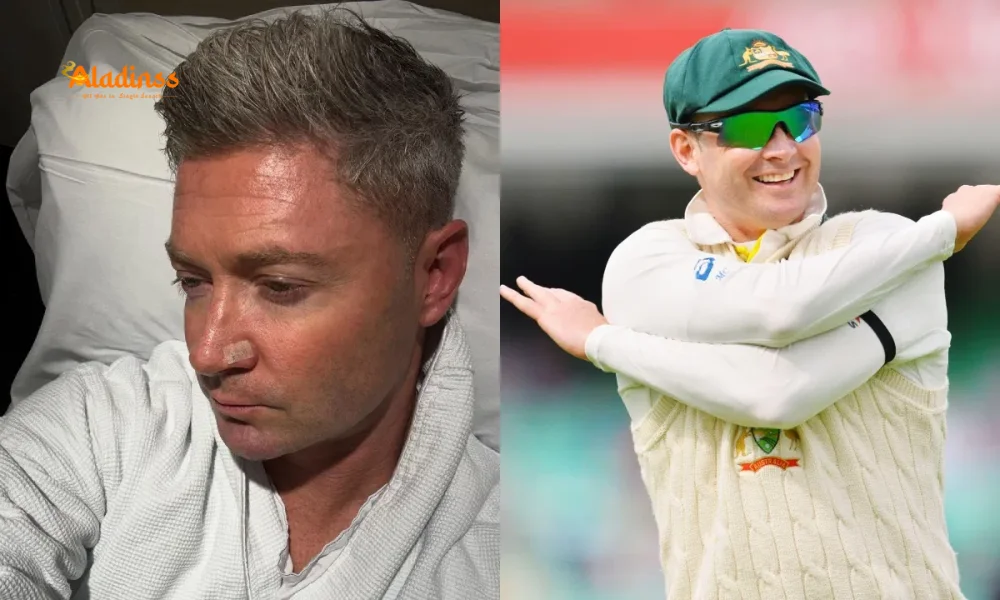
Michael Clarke Diagnosed with Skin Cancer: Urges Regular Check-Ups
Former Australian cricket captain Michael Clarke, a legendary figure in the sport, has been diagnosed with skin cancer, marking another chapter in his ongoing battle with the disease since 2006. The 44-year-old shared a heartfelt update on his health via Instagram on August 27, 2025, revealing that he underwent surgery to remove a cancerous lesion from his nose. In his post, Clarke emphasized the importance of regular skin check-ups, stating, “Skin cancer is real! Especially in Australia. Another one cut out of my nose today. A friendly reminder to get your skin checked. Prevention is better than cure, but in my case, regular check-ups and early detection is key.” The announcement has sparked widespread concern among fans and renewed focus on skin cancer awareness, particularly in Australia, which has the highest skin cancer rates globally due to intense UV radiation. This breaking news underscores Clarke’s resilience and his commitment to raising awareness about this critical health issue.
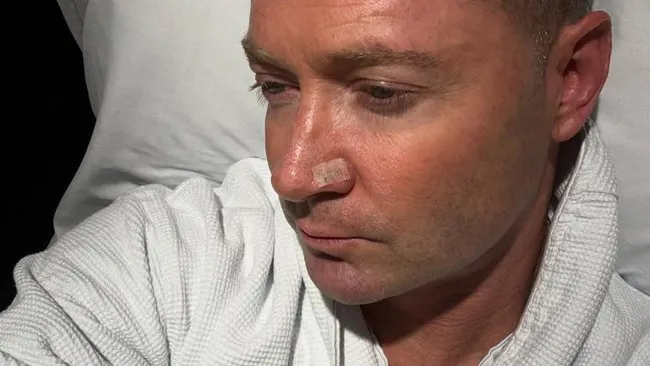
Michael Clarke’s Health Journey
Michael Clarke’s battle with skin cancer began in 2006, when he was first diagnosed with non-melanoma lesions. Since then, he has undergone multiple surgeries, including procedures in 2019, 2022, and 2023, to remove cancerous growths from his face and chest. His most recent surgery in August 2025 involved the removal of a lesion from his nose, performed by Dr. Bish Soliman, whom Clarke praised as the “best in the business.” Clarke’s openness about his health challenges has made him a prominent advocate for skin cancer awareness, a cause he has championed since becoming an ambassador for the Cancer Council in 2010 and later for the Australian Skin Cancer Foundation in 2023.
In a 2023 interview, Clarke admitted that his repeated skin cancer scares have left him fearful for his future, particularly as a father to his seven-year-old daughter, Kelsey Lee. “It does scare me. I am a dad – I don’t want to go anywhere,” he told the Daily Telegraph. His advocacy includes promoting sun-safe practices, such as wearing broad-brimmed hats, applying SPF 50 sunscreen, seeking shade, and wearing protective clothing. Clarke’s message resonates strongly in Australia, where two in three people are diagnosed with skin cancer by age 70, driven by the country’s proximity to the equator and high UV radiation levels.
Clarke’s Illustrious Cricket Career
Michael Clarke, born on April 2, 1981, in Liverpool, New South Wales, is widely regarded as one of Australia’s finest cricketers. Known for his elegant batting and tactical brilliance, Clarke played 115 Tests, 245 One-Day Internationals (ODIs), and 34 T20 Internationals between 2004 and 2015. He captained Australia in 74 Tests, securing 47 wins, and led the team in 139 ODIs, including a triumphant 2015 World Cup campaign. His leadership also saw Australia reclaim the Ashes in a 5-0 whitewash in 2013-14, cementing his legacy as a formidable captain.
Clarke’s career highlights include scoring 8,643 Test runs at an average of 49.10, with 28 centuries, and 7,981 ODI runs. His aggressive tactics and resilience under pressure earned him accolades, including four Allan Border Medals and recognition as both Cricketer of the Year and Test Cricketer of the Year. After retiring in 2015, Clarke transitioned into commentary, becoming a respected voice in cricket broadcasting, with his insights valued by fans worldwide. His health challenges, however, have added a personal dimension to his public persona, highlighting his determination to overcome adversity.
Also Read: Rahul Gandhi’s Voter Rights Yatra in Bihar Sees Tamil Nadu CM M.K. Stalin’s Participation Today
Understanding Skin Cancer
Skin cancer, the uncontrolled growth of abnormal skin cells, is primarily caused by prolonged exposure to ultraviolet (UV) radiation from the sun or tanning beds. It is the most common form of cancer globally, with three main types: basal cell carcinoma (BCC), squamous cell carcinoma (SCC), and melanoma. BCC and SCC, classified as non-melanoma skin cancers, are generally less aggressive but can cause significant damage if untreated. Melanoma, the most dangerous form, can spread to other parts of the body if not detected early. Clarke’s recent diagnosis involved a basal cell carcinoma, as reported in 2023, requiring 27 stitches after its removal from his chest.
Australia’s high skin cancer rates are attributed to its geographic location near the equator, intense UV radiation, and a predominantly fair-skinned population, which is more susceptible to UV damage. Statistics indicate that over 18,000 Australians are diagnosed with invasive melanoma annually, and 28,000 with in-situ melanoma. Non-melanoma skin cancers, like those Clarke has battled, affect hundreds of thousands more. Early detection through regular skin checks is critical, as it significantly improves treatment outcomes. Clarke’s advocacy emphasizes this, urging people to monitor their skin for changes in moles, spots, or lesions, particularly in hard-to-see areas.
Clarke’s Advocacy and Public Response
Clarke’s latest health update has resonated deeply with fans and the cricket community, who have flooded social media with messages of support. Posts on X reflect admiration for his courage, with one user writing, “Michael Clarke is a fighter on and off the field. Wishing him strength and recovery.” Another commented, “His call for skin checks is a wake-up call for all Aussies. Stay strong, Pup!” The hashtag #GetChecked has gained traction, amplifying Clarke’s message about the importance of early detection. His role as an ambassador for the Australian Skin Cancer Foundation has furthered initiatives like the Skin Check Truck, which provides free screenings in remote communities, a cause Clarke passionately supports.
Colleagues from the cricketing world, including former teammates like David Warner and Shane Warne’s social media tributes (managed by his estate), have praised Clarke’s resilience. The Australian Skin Cancer Foundation issued a statement thanking Clarke for his continued advocacy, noting, “Michael’s personal journey inspires countless Australians to prioritize skin health.” His efforts align with broader campaigns to educate the public about sun safety, particularly among young people and outdoor enthusiasts, who are at higher risk due to prolonged sun exposure.
Skin Cancer in Australia: A Growing Concern
Australia’s skin cancer epidemic is a public health challenge, with the country recording the highest incidence of melanoma globally—one diagnosis every 30 minutes. The Cancer Council estimates that skin cancer accounts for over 80% of all new cancer cases in Australia, costing the healthcare system over $1 billion annually. Factors like outdoor lifestyles, limited shade in rural areas, and historical tanning culture exacerbate the issue. Clarke’s cricket career, which involved extensive time under the sun, mirrors the experiences of many Australians, particularly athletes and outdoor workers, who face elevated risks.
Preventive measures include applying SPF 50 sunscreen every two hours, wearing UV-protective clothing, and scheduling annual skin checks with dermatologists. Clarke’s advocacy has spotlighted innovative solutions like the Skin Check Truck, which detected early-stage melanomas in students and workers during visits to schools and workplaces in 2024. His message to “keep a close eye on your skin” resonates with campaigns urging Australians to familiarize themselves with their skin’s normal appearance and seek immediate medical attention for suspicious changes.
Impact on Clarke’s Legacy
Michael Clarke’s health battles add a profound layer to his legacy as a cricketer and public figure. Beyond his on-field achievements, his openness about skin cancer humanizes him, connecting him with millions facing similar challenges. His role as a father has further fueled his advocacy, as he aims to set an example for his daughter by prioritizing sun safety. “I put sunscreen on her every morning to go to school—that didn’t happen for me as a kid,” he said in a 2023 Sunrise interview, highlighting generational shifts in sun safety awareness.
As Clarke continues his recovery, his story serves as a powerful reminder of the importance of vigilance in combating skin cancer. His influence extends beyond cricket, inspiring health-conscious behavior and reinforcing the need for regular medical check-ups. The cricket community and fans worldwide remain hopeful for his full recovery, while his advocacy continues to save lives by encouraging early detection and prevention.
Comment / Reply From
No comments yet. Be the first to comment!
